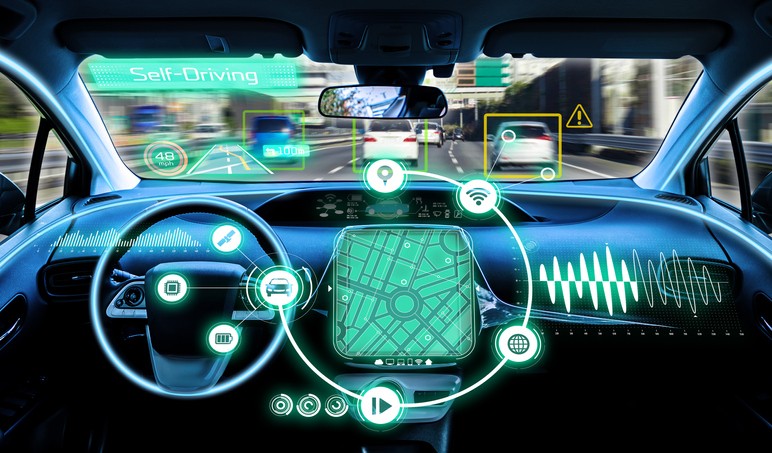Autonomous Vehicle Investments Set to Hit Milestones

Major players in both the auto and aero industries recently announced updates to their investments in autonomous vehicles. Ford has begun road testing vehicles in Miami to one day handle ridesharing and deliveries, Bosch and Daimler announced San Jose as a pilot city for their self-driving vehicles and Boeing plans to launch autonomous solar planes for research purposes in the future.
Ford’s road tests in Miami are linked to the company’s recently announced partnerships with Walmart and Postmates to develop a delivery service using self-driving fleets of vehicles. Using Ford Fusions equipped with special equipment, Ford’s tests in Miami are intended to help the company meet a projected launch year of 2021 for self-driving vehicles in the delivery/rideshare space.
In a similar pilot city move, Bosch and Daimler have chosen San Jose as their base of operations for autonomous vehicle rideshare testing. The aim of the pilot city program is to service a select community within San Jose, mostly between downtown and western city districts. Utilizing Mercedes-Benz S-Class cars, Bosch is providing all of the sensors and control units while Daimler handles drive systems and vehicles for the test project.
Shifting away from B2C services, Boeing recently announced its launch of a solar autonomous airplane. The goal of the aircraft is to fly at high altitudes and gather data on climate change continuously so area researchers can more thoroughly understand climate change issues in focused geographical areas. The technology used for this project (named Odysseus) is said to blend the functionality of drones and satellites for data collection and regular aircraft functionality. As the goal for the aircraft is autonomous flight, it’s unknown at this time whether or not Boeing plans to have any sort of human failsafe in the event the aircraft loses control.
These few companies aren’t the only ones with newsworthy updates to their autonomous vehicle research divisions. Google’s parent company, Alphabet, expects to launch its AV services by the end of the calendar year, focusing first on businesses as its customers. GM also intends to have rideshare capabilities by 2019.
As traditional service companies such as Lyft and food delivery businesses start to feel the pinch of AV within their market, it will be interesting to see what reaction they have to the new environment. Rideshare companies are not opposed to bringing about legislative changes and votes to protect their business model, and it’s easy to imagine a legal battle over the laws and regulations applied toward a driverless vehicle as opposed to a human-operated one. What do you think of the push toward autonomous vehicles both in and out of the service space? Let us know in the comments section.
